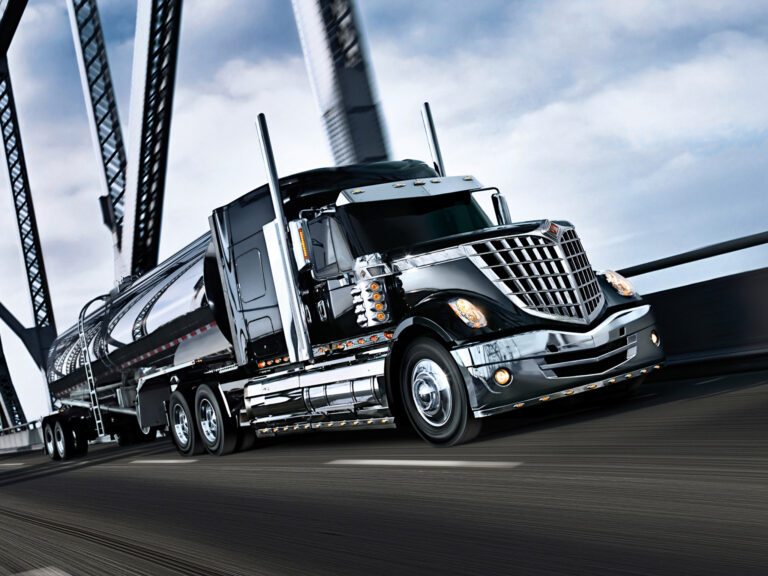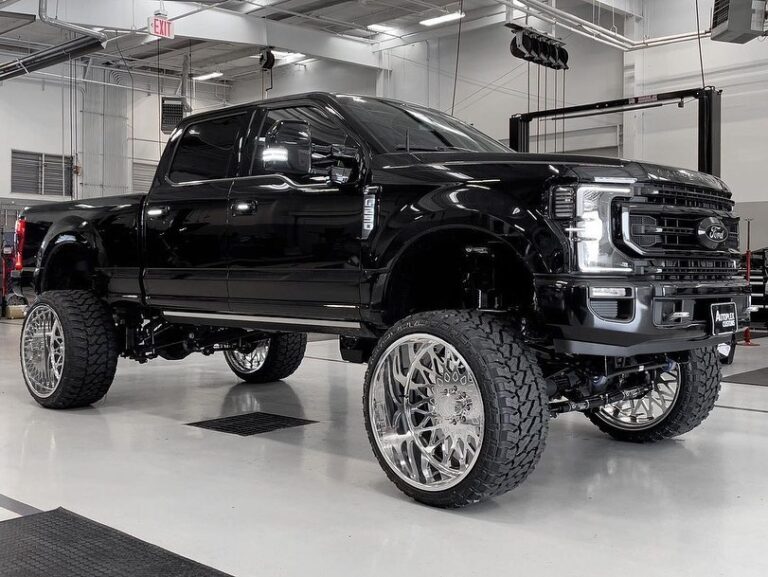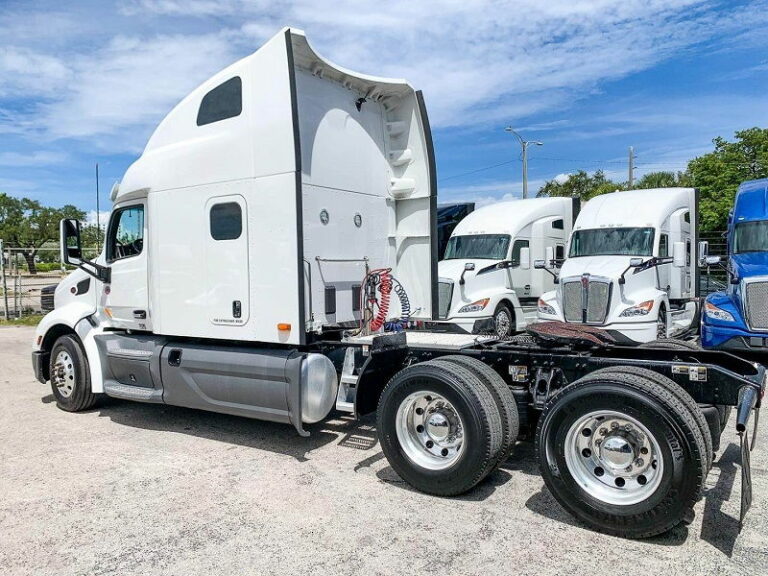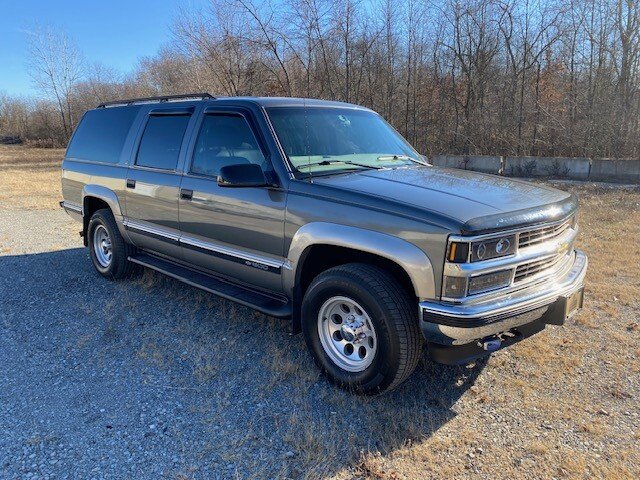U-Haul Trailer Rentals: Your Comprehensive Guide to Hauling with Confidence
U-Haul Trailer Rentals: Your Comprehensive Guide to Hauling with Confidence cars.truckstrend.com
Moving, decluttering, or embarking on a DIY project often involves transporting items too large for a standard vehicle. This is where U-Haul trailer rentals step in, offering a flexible, cost-effective, and widely accessible solution for countless hauling needs. Far more than just an option for cross-country moves, U-Haul’s diverse fleet of trailers empowers individuals and businesses to transport everything from household goods and furniture to vehicles, landscaping materials, and even heavy equipment. This comprehensive guide will delve into the world of U-Haul trailer rentals, providing you with everything you need to know to choose, rent, and safely operate the perfect trailer for your next endeavor.
The Versatility of U-Haul Trailers: Types and Their Uses
U-Haul Trailer Rentals: Your Comprehensive Guide to Hauling with Confidence
U-Haul boasts an extensive selection of trailers, each designed for specific purposes. Understanding the different types is the first step in making an informed decision.
1. Cargo Trailers (Enclosed)
Cargo trailers are the workhorses of household moves and provide secure, weather-protected transport. They come in various sizes, offering flexibility for different volumes of goods.
- 4×8 Enclosed Trailer: Ideal for small apartments, dorm rooms, or extra storage. Perfect for light, compact loads.
- 5×8 Enclosed Trailer: A popular choice for studio apartments, small offices, or moving a few large pieces of furniture. Offers more space than the 4×8.
- 5×10 Enclosed Trailer: Suitable for one-bedroom apartments, mid-sized moving jobs, or transporting sensitive equipment.
- 6×12 Enclosed Trailer: The largest enclosed option, perfect for two-bedroom apartments, larger furniture items, or substantial loads requiring protection from the elements. This size often requires a more robust towing vehicle.

Key Features: Enclosed design for weather protection and security, sturdy construction, often equipped with tie-downs inside.
2. Utility Trailers (Open)
Utility trailers are open-top trailers designed for hauling items that are bulky, irregularly shaped, or not sensitive to weather. They are excellent for landscaping projects, transporting ATVs, motorcycles, or construction materials.
- 4×7 Utility Trailer: Small and agile, great for yard work, small appliances, or moving a few pieces of lumber.
- 5×8 Utility Trailer: A versatile option for general hauling, light construction materials, or a small ATV.
- 5×10 Utility Trailer: Offers more length for lumber, pipes, or larger garden equipment.
- 6×12 Utility Trailer: The largest utility trailer, ideal for large landscaping projects, multiple ATVs/motorcycles, or substantial building materials. Some 6×12 models come with a ramp for easier loading.

![]()
Key Features: Open-top design for easy loading/unloading of large items, often equipped with low sides and tie-down points. Some have integrated ramps.
3. Auto Transport & Tow Dolly Trailers (Vehicle Haulers)
For those needing to move a vehicle, U-Haul offers two specialized options:
- Tow Dolly: A two-wheel trailer that lifts the front wheels of a vehicle off the ground, allowing the rear wheels to roll. Best for front-wheel drive vehicles or when you need to quickly move a car for short distances.
- Auto Transport: A four-wheel trailer designed to carry an entire vehicle completely off the ground. Ideal for long-distance moves, all-wheel-drive vehicles, or classic cars that should not be towed with wheels on the ground.
Key Features: Designed for secure vehicle transport, come with ramps, tie-down straps, and safety chains. Auto transports offer full suspension for smoother rides.
The Undeniable Benefits of Choosing U-Haul Trailer Rentals
Opting for a U-Haul trailer rental presents a compelling array of advantages for various hauling scenarios:
- Cost-Effectiveness: Often significantly cheaper than renting a full-sized moving truck, especially if you already own a capable towing vehicle. This saves on fuel, insurance, and the rental cost of a larger vehicle.
- Flexibility and Control: You maintain complete control over your schedule, packing, and loading. With numerous U-Haul locations, picking up and dropping off is convenient. You can also choose between "in-town" (local) rentals or "one-way" (long-distance) rentals.
- Vehicle Compatibility: Many personal vehicles, from SUVs to pickup trucks, are capable of towing smaller and medium-sized U-Haul trailers, eliminating the need to rent a separate truck.
- Specialized Solutions: The diverse range of trailers means there’s a specific solution for nearly every hauling need, from protecting delicate furniture in an enclosed cargo trailer to transporting construction debris on an open utility trailer.
- Availability: U-Haul has the largest fleet and most widespread network of locations across North America, increasing the likelihood of finding the trailer you need, when you need it.
How to Rent a U-Haul Trailer: A Step-by-Step Guide
Renting a U-Haul trailer is a straightforward process, whether you do it online or in person.
- Determine Your Needs:
- What are you moving? (Size, weight, protection needed)
- How far are you moving it? (In-town vs. one-way)
- What kind of vehicle will you be using to tow? (Know its towing capacity, hitch class, and wiring).
- Get a Quote/Make a Reservation:
- Online: Visit UHaul.com, select "Trailers," and input your pick-up/drop-off locations, dates, and desired trailer type. The system will guide you through available options and provide a real-time quote.
- Phone/In-Person: Call your local U-Haul center or visit a location to speak with a representative.
- Information Needed: You’ll typically need your driver’s license, contact information, and details about your towing vehicle (make, model, year, license plate, hitch type).
- Pick Up Your Trailer:
- Arrive at your scheduled pick-up location with your towing vehicle.
- A U-Haul representative will assist you with the hook-up process, ensuring the hitch is secure, the safety chains are properly attached, and the lights are working.
- They will also review the rental agreement and go over essential safety tips.
- Important: Conduct your own quick inspection of the trailer before leaving – check tires, lights, and general condition.
- Load and Drive Safely:
- Load your items with care, ensuring weight is distributed evenly, with heavier items towards the front (over the trailer’s axle).
- Secure all items with tie-downs.
- Drive cautiously, adhering to lower speed limits for towing, allowing extra braking distance, and making wider turns.
- Return Your Trailer:
- Return the trailer to the agreed-upon location by the specified time.
- A U-Haul representative will check the trailer back in.
Important Considerations and Safety Protocols
Towing a trailer requires careful planning and adherence to safety guidelines to ensure a smooth and incident-free journey.
- Towing Vehicle Requirements:
- Hitch: Your vehicle must have a properly installed hitch receiver (Class I, II, III, or IV) that matches or exceeds the gross trailer weight (GTW) of the loaded trailer.
- Wiring Harness: A working 4-way or 7-way flat electrical connector is essential for trailer lights (turn signals, brake lights, running lights).
- Towing Capacity: Crucially, your vehicle’s towing capacity must exceed the total weight of the loaded trailer. Check your vehicle’s owner’s manual.
- Brake Controller: For larger trailers (especially auto transports or heavier cargo/utility trailers), a separate brake controller may be required for the trailer’s electric brakes. U-Haul may rent these or have them available for purchase/installation.
- Weight Distribution and Loading: Proper loading is paramount. Place about 60% of the cargo weight in the front half of the trailer, over or slightly forward of the axle. This prevents "sway" and maintains stability.
- Driving with a Trailer:
- Speed: Drive at reduced speeds, especially on highways and curves. Many states have lower speed limits for vehicles towing trailers.
- Braking: Allow significantly more distance for braking, as the trailer adds considerable weight.
- Turns: Make wider turns to accommodate the trailer’s length.
- Lane Changes: Be extra cautious and use your mirrors frequently.
- Insurance: Your personal auto insurance policy may or may not cover damage to a rented trailer or liability while towing. U-Haul offers supplemental coverage options like Safemove® (for cargo/utility trailers) and Safetow® (for auto transports/tow dollies) which can provide peace of mind by covering accidental damage to the trailer and some liability. It’s highly recommended to review these options.
- Pre-Trip Checks: Before every trip, check:
- Tire pressure on both your vehicle and the trailer.
- Hitch connection and safety chains.
- All trailer lights (brake, turn signals, running lights).
- Load security (tie-downs).
Tips for a Smooth U-Haul Trailer Rental Experience
- Book in Advance: Especially during peak moving seasons (spring, summer, end-of-month), trailers can be scarce. Reserve well in advance.
- Confirm Your Vehicle’s Towing Capacity: Do this before you reserve a trailer. Don’t guess.
- Understand One-Way vs. In-Town Rates: One-way rentals are generally more expensive but allow you to drop off at a different location. In-town rentals are cheaper but require returning the trailer to the original pick-up spot.
- Inspect Thoroughly: Before driving off, walk around the trailer with the U-Haul representative. Note any existing damage.
- Pack Smart: Use moving blankets, bubble wrap, and boxes to protect your belongings. Distribute weight evenly.
- Practice Driving: If you’re new to towing, find an empty parking lot to practice turns, braking, and backing up.
- Utilize Mirrors: Adjust your side mirrors to get a clear view of the trailer and surrounding traffic. Consider supplemental towing mirrors if your vehicle’s mirrors aren’t wide enough.
- Don’t Overload: Never exceed the trailer’s gross vehicle weight rating (GVWR) or your vehicle’s towing capacity.
Potential Challenges and Solutions
- Trailer Unavailability:
- Solution: Book as early as possible. Be flexible with pick-up times or consider a slightly different size if available.
- Towing Vehicle Incompatibility:
- Solution: If your vehicle isn’t capable, you might need to rent a U-Haul truck instead of just a trailer, or explore hitch installation options (U-Haul offers this service).
- Damage During Rental:
- Solution: Purchase U-Haul’s Safemove/Safetow coverage to mitigate financial risk. Drive carefully and perform regular checks.
- Hitching Difficulties:
- Solution: Don’t hesitate to ask the U-Haul representative for help. Watch online tutorials if you’re doing it yourself. Ensure the ball mount and ball size match the trailer’s coupler.
U-Haul Trailer Rental Estimated Pricing Guide
Please note: U-Haul rental prices are dynamic and depend heavily on location, availability, demand, rental duration (daily vs. multi-day), and whether it’s an in-town or one-way rental. The prices below are estimates and provided for general reference only. Always obtain a direct quote from U-Haul for accurate pricing for your specific needs.
| Trailer Type | Size | Typical In-Town Daily Rate (Estimated) | Typical One-Way Rate (Estimated, Varies Greatly by Distance/Demand) | Primary Use Case |
|---|---|---|---|---|
| Cargo Trailers | 4′ x 8′ | $15 – $25 | $100 – $300+ | Small moves, furniture, boxes, weather-protected items |
| (Enclosed) | 5′ x 8′ | $20 – $35 | $150 – $400+ | Small apartments, more furniture, secure transport |
| 5′ x 10′ | $25 – $40 | $200 – $500+ | 1-bedroom apartments, mid-size loads | |
| 6′ x 12′ | $30 – $50 | $250 – $600+ | 2-bedroom apartments, large furniture, substantial loads | |
| Utility Trailers | 4′ x 7′ | $15 – $25 | $100 – $250+ | Yard waste, small appliances, light hauling |
| (Open) | 5′ x 8′ | $20 – $35 | $150 – $350+ | General hauling, ATVs, landscaping materials |
| 5′ x 10′ | $25 – $40 | $200 – $450+ | Longer items, construction materials, larger ATVs | |
| 6′ x 12′ | $30 – $50 | $250 – $550+ | Large landscaping, multiple ATVs/motorcycles, bulky items (some w/ramp) | |
| Vehicle Haulers | Tow Dolly | $40 – $60 | $150 – $600+ | Front-wheel drive vehicles, short-distance car transport |
| Auto Transport | $55 – $75 | $250 – $800+ | All vehicles, long-distance car transport, classic cars |
- Additional Costs: Taxes, environmental fees, optional insurance (Safemove/Safetow), hitch/wiring installation services (if needed), late fees.
Frequently Asked Questions (FAQ) About U-Haul Trailer Rentals
Q1: What do I need to tow a U-Haul trailer?
A1: You need a vehicle with sufficient towing capacity, a properly installed hitch receiver, a hitch ball of the correct size, and a working electrical connection (4-way or 7-way flat) for the trailer lights. For larger trailers, a brake controller might be required.
Q2: Do I need a special driver’s license to tow a U-Haul trailer?
A2: In most U.S. states and Canadian provinces, a standard Class D driver’s license is sufficient for towing U-Haul trailers, as long as the combined weight of your vehicle and the loaded trailer does not exceed specific limits (which are typically higher than U-Haul’s largest trailers). Always check your local Department of Motor Vehicles (DMV) regulations.
Q3: Can I rent a U-Haul trailer one-way?
A3: Yes, U-Haul offers one-way rentals for most of its cargo, utility, and vehicle transport trailers, allowing you to pick up in one location and drop off in another. One-way rates are generally higher than in-town rates.
Q4: What kind of insurance do I need for a U-Haul trailer?
A4: Your personal auto insurance policy may or may not cover a rented trailer. U-Haul offers supplemental coverage options like Safemove® (for cargo/utility trailers) and Safetow® (for auto transports/tow dollies) which can cover damage to the trailer and provide some liability protection. It’s highly recommended to review these options.
Q5: How fast can I drive with a U-Haul trailer?
A5: U-Haul recommends a maximum speed of 55 mph when towing any of its trailers. Additionally, many states have lower posted speed limits for vehicles towing trailers. Always adhere to the lower of the two.
Q6: Can I pick up and drop off a trailer at different U-Haul locations?
A6: Yes, this is known as a "one-way" rental. It’s a common option for moves between cities or states.
Q7: What if my vehicle doesn’t have a hitch or proper wiring?
A7: U-Haul offers hitch installation services and sells wiring kits at many of its locations. You can often get these installed on the same day you rent a trailer, though it’s best to call ahead.
Q8: Are all U-Haul trailers enclosed?
A8: No. U-Haul offers both enclosed "Cargo Trailers" for weather protection and open "Utility Trailers" for items that don’t need protection or are too large for an enclosed space.
Q9: Can I put a motorcycle on a utility trailer?
A9: Yes, many customers use U-Haul utility trailers for motorcycles. The 5×9 Utility Trailer with a ramp is particularly popular for this, as are the 6×12 models. Ensure the motorcycle is properly secured with tie-downs.
Q10: What’s the difference between a tow dolly and an auto transport?
A10: A tow dolly lifts only the front wheels of the vehicle off the ground, with the rear wheels remaining on the road. An auto transport carries the entire vehicle completely off the ground on all four wheels. Tow dollies are generally cheaper and suitable for front-wheel drive vehicles over shorter distances, while auto transports are better for all-wheel drive vehicles, long distances, or when you prefer the vehicle to be fully suspended.
Conclusion
U-Haul trailer rentals offer an incredibly versatile and accessible solution for a vast array of transportation needs. From facilitating a stress-free residential move to hauling landscaping supplies or even relocating a vehicle, U-Haul’s extensive fleet, widespread availability, and user-friendly rental process make it a go-to choice for DIY enthusiasts and professionals alike. By understanding the different trailer types, adhering to crucial safety guidelines, and planning ahead, you can leverage U-Haul’s services to make your next hauling project efficient, affordable, and successful. So, whether you’re moving across town or across the country, U-Haul trailers provide the practical power to get your belongings where they need to be, safely and affordably.






